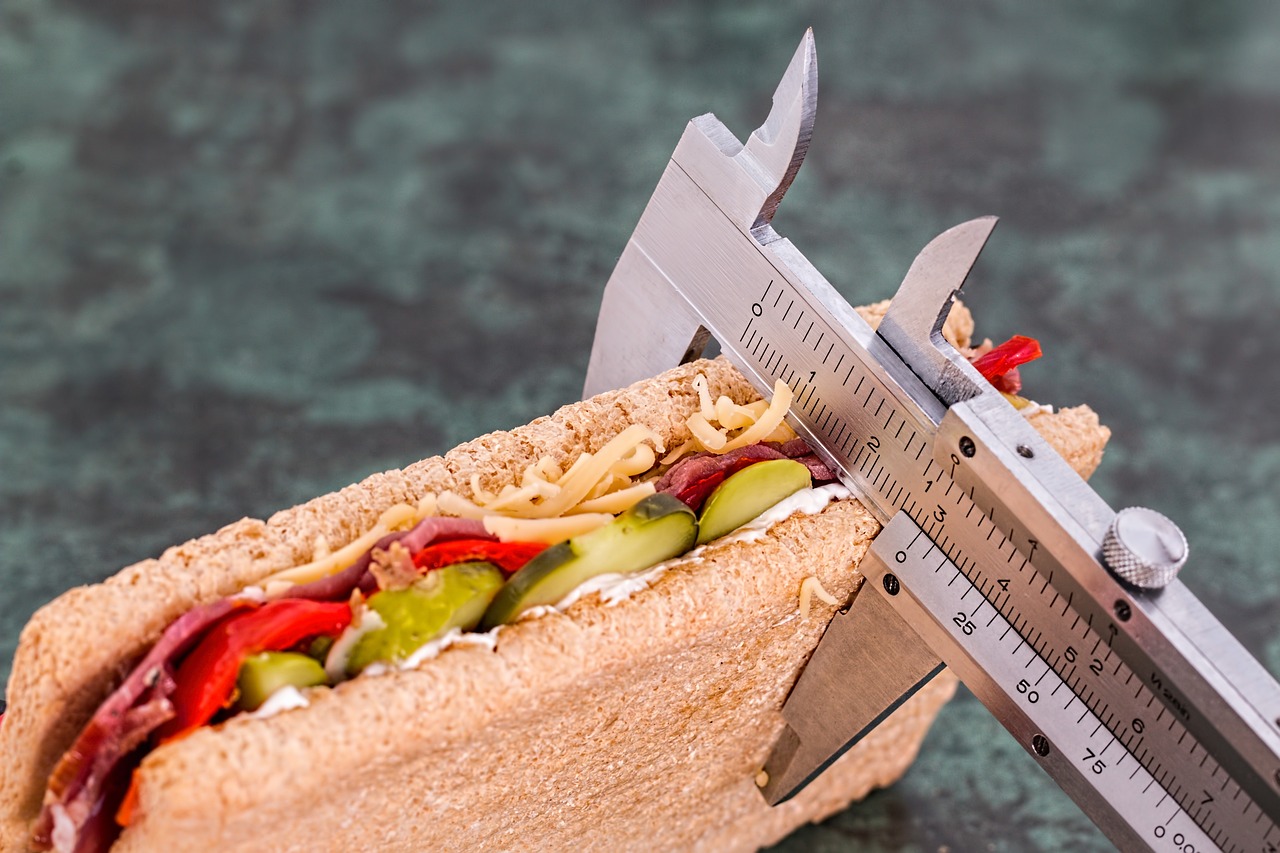Your cart is currently empty!

Shedding Pounds the Smart Way: Effective Weight Loss Strategies for Today’s Busy World
In our fast-paced, modern society, achieving and maintaining a healthy weight can seem like an uphill battle. However, by combining cutting-edge strategies with time-tested wisdom, it’s possible to lose weight sustainably and effectively, even with a busy lifestyle. This blog post explores practical and science-backed approaches to weight loss that can be seamlessly integrated into your daily routine.
Understanding the Basics of Weight Loss
The Caloric Deficit Principle
At its core, weight loss occurs when you consume fewer calories than you burn. While this concept is simple, implementing it effectively requires a nuanced approach:
- Track your intake: Utilize smartphone apps to log your meals and snacks. This digital approach provides a clear picture of your daily caloric intake.
- Listen to your body: While tracking is important, it’s equally crucial to tune into your body’s natural hunger and fullness cues. This mindful approach prevents over-reliance on numbers alone.
- Gradual reduction: Aim for a moderate caloric deficit of 500-750 calories per day. This approach leads to sustainable weight loss of 1-2 pounds per week.
The Role of Macronutrients
Understanding the balance of proteins, carbohydrates, and fats in your diet is crucial:
- Protein: Aim for 0.8-1 gram per pound of body weight to preserve muscle mass during weight loss.
- Carbohydrates: Focus on complex carbs from whole grains, fruits, and vegetables.
- Fats: Include healthy fats from sources like avocados, nuts, and olive oil.
Practical Strategies for Everyday Weight Loss
Mastering Portion Control
Controlling portion sizes is a simple yet effective way to reduce caloric intake:
- Use smaller plates: This visual trick can help you naturally reduce portion sizes without feeling deprived.
- Practice the plate method: Fill half your plate with vegetables, a quarter with lean protein, and a quarter with whole grains.
- Pre-portion snacks: Divide large bags of snacks into smaller, portion-controlled containers to avoid mindless overeating.

The Power of Regular Exercise
Combining cardio with strength training is key to effective weight loss:
- Cardiovascular exercise: Aim for at least 150 minutes of moderate-intensity cardio per week. This could include brisk walking, cycling, or swimming.
- Strength training: Incorporate resistance exercises 2-3 times per week. This helps maintain muscle mass, which is crucial for a healthy metabolism.
- High-Intensity Interval Training (HIIT): For those short on time, HIIT workouts can provide significant calorie burn in shorter sessions.
Embracing Mindful Eating
In our distraction-filled world, practicing mindful eating is more important than ever:
- Eliminate distractions: Turn off the TV and put away your phone during meals.
- Chew slowly: Take time to savor each bite, allowing your body to register fullness.
- Use all your senses: Appreciate the colors, smells, and textures of your food.
Integrating Weight Loss Strategies into a Busy Lifestyle
The Home-Cooking Advantage
Preparing meals at home is a powerful tool for weight loss:
- Meal prep: Dedicate time each week to prepare healthy meals in advance.
- Ingredient control: By cooking at home, you have full control over ingredients and portion sizes.
- Healthy swaps: Learn to make lighter versions of your favorite dishes using healthier cooking methods and ingredients.
Leveraging Technology for Weight Loss
Use modern tools to support your weight loss journey:
- Fitness trackers: Monitor your daily activity levels and set achievable goals.
- Nutrition apps: Use apps to track your food intake and discover healthier recipe ideas.
- Online support communities: Join virtual groups for motivation and accountability.
The Power of Small Habits
Incorporate small, sustainable habits into your daily routine:
- Walk after meals: A short 10-15 minute walk after eating can aid digestion and help regulate blood sugar levels.
- Stay hydrated: Drink water throughout the day. Sometimes thirst can be mistaken for hunger.
- Get adequate sleep: Aim for 7-9 hours of quality sleep per night. Poor sleep can disrupt hunger hormones and lead to overeating.
Overcoming Common Weight Loss Challenges
Dealing with Plateaus
Weight loss plateaus are normal and can be overcome:
- Reassess your calorie needs: As you lose weight, your calorie requirements decrease. Adjust your intake accordingly.
- Mix up your workouts: Introduce new exercises to challenge your body in different ways.
- Focus on non-scale victories: Pay attention to improvements in energy levels, clothing fit, and overall well-being.
Managing Stress-Related Eating
Stress can derail weight loss efforts. Combat this by:
- Practicing stress-reduction techniques like meditation or deep breathing.
- Finding non-food ways to cope with stress, such as exercise or hobbies.
- Planning healthy snacks for high-stress periods.
The Importance of a Sustainable Approach
Remember that sustainable weight loss is a marathon, not a sprint:
- Set realistic goals: Aim for gradual, steady progress rather than rapid weight loss.
- Celebrate small victories: Acknowledge and reward yourself for positive changes, no matter how small.
- Focus on overall health: Prioritize feeling good and improving your overall well-being, not just the number on the scale.
Conclusion
Losing weight in today’s busy world requires a smart, balanced approach that combines modern strategies with timeless wisdom. By focusing on creating a sustainable caloric deficit, practicing portion control, exercising regularly, and embracing mindful eating, you can achieve your weight loss goals without sacrificing your lifestyle or well-being. Remember, the key to successful weight loss lies in making small, consistent changes that you can maintain over the long term. Start implementing these strategies today, and you’ll be well on your way to a healthier, more balanced you.